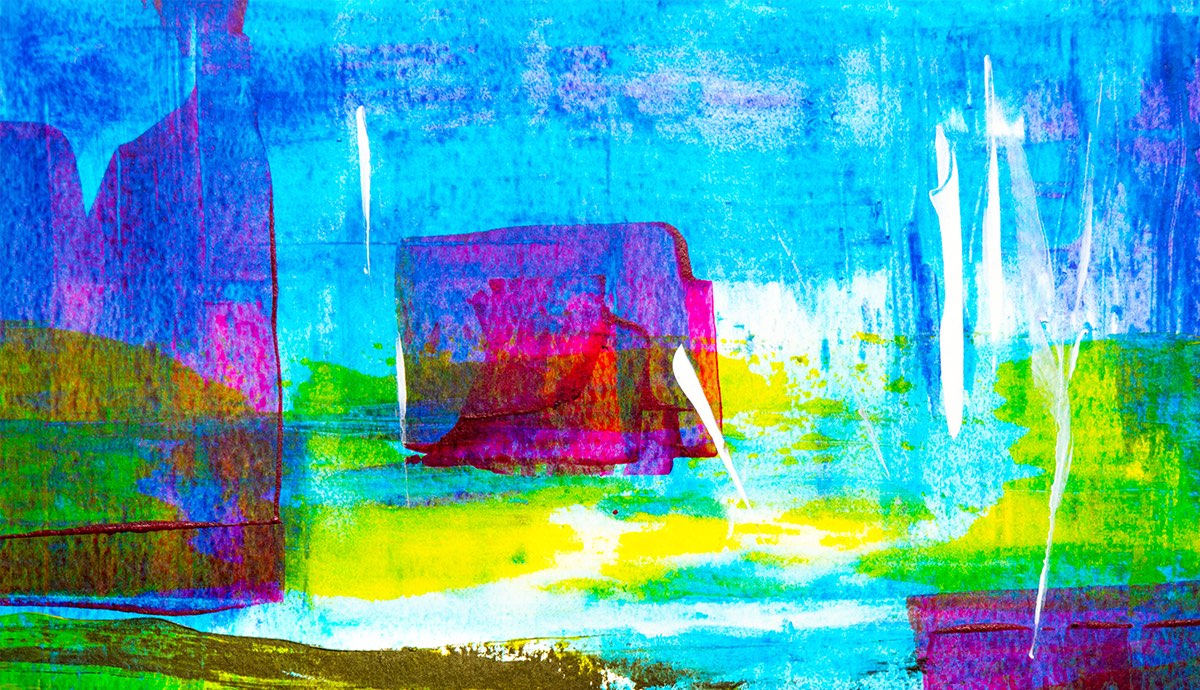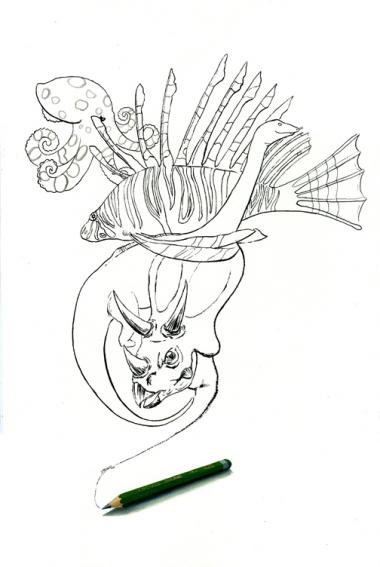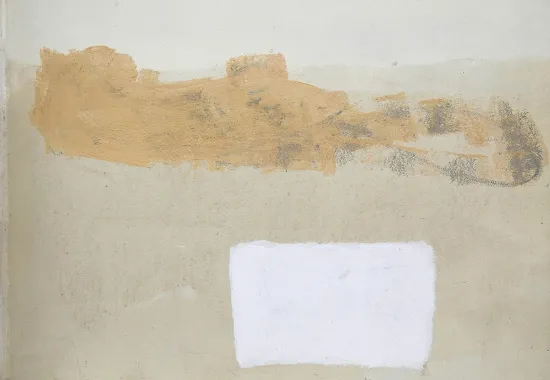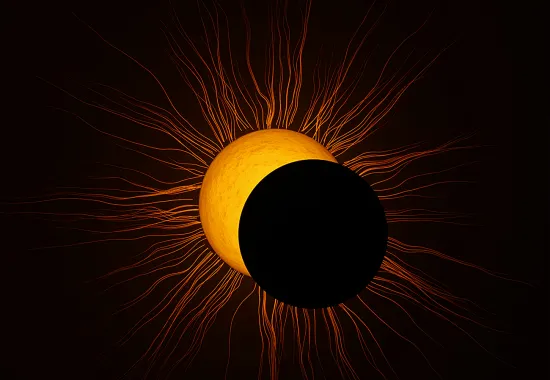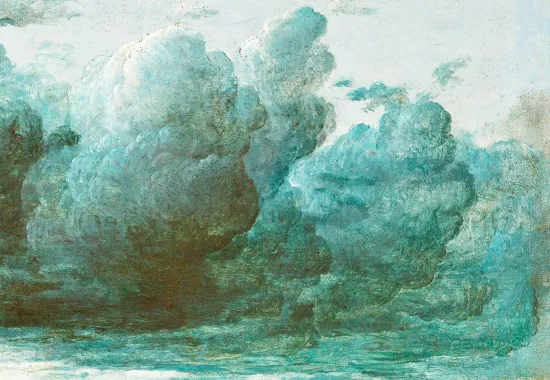Why Does Poetry Matter?
My poetry often siphons science for inspiration. Scientific American, Nature, “Best of” series all provide me with gifts like “humans taste brown” and “the measures we use depend on what we are measuring.”For the past five years, I’ve taken a special interest in human descent with modification, which has turned into an interest regarding literary evolutionists and what they have to say about why we spend so much of our time in the land of narrative. According to Jonathan Gottschall, author of The Literary Animal: Evolution and the Nature of Narrative, if you add up all of our time watching TV, listening to song, day dreaming, night dreaming, not to mention actually reading, approximately 2/3 of our lives are spent in fantasy land. In an era of ever-increasing productivity, why has narrative remained such a central part of our lives? Neuroscientists and biologists tell us point blank: the mind is hard-wired for story. For example, if your boss gives you a wobbly smile in passing, you will have a hard time not wondering why the smile didn’t seem genuine. Is she mad at you? Is it maybe not at all about you? Is it that she knows you will soon have some work dumped on you? Whatever the case, the mind takes the fragments and attempts to create a narrative.
As an avid reader, I like that narrative is so important to our lives. But as a poet, I have a particular set of concerns regarding this sibling that everyone loves more than poetry. If our brains are hard-wired for story, what is the draw of poetry when narrative is sliced away? Is the lack of narrative in lyrical poetry part of what contributes to poetry’s small readership?
While it may be true that not everyone picks up a book of poems at the end of a long day (okay, hardly anyone), it is true that those who love poetry, really love it. Maybe the small, impassioned readership has partly developed because of poetry’s unpopularity. Whatever the case, poetry has its devoted following. But why? A recent article on memory, “Books on Forgetting: Why We Can’t Stop Writing About What We Can’t Remember” by Cara Parks jostled an idea for me about this love for poetry. In the article, Parks investigates unreliable memory. She quotes from Clifton Crais’s History Lessons: A Memoir of Madness, Memory, and the Brain. According to Crais, “The hippocampi play a central role in the creation of declarative and autobiographical memory, upon which we create the notion of our selves through the remembrances of life’s minutiae: the taste of bouillabaisse one afternoon in southern France, a lover’s smell, a child walking away to kindergarten. They account for the uncanny way a smell or a taste awakens lost time.”
Right there, I began to sniff out a poem. The taste of bouillabaisse? A lover’s smell? A child walking away to kindergarten? These are the type of images that begin, and have begun, many a poem. While it may be true that contemporary poetry is skeptical of narrative (that issue is for another essay), contemporary poetry embraces the image. I’m often comfortable with ending on an image rather than ending on a statement that might talk away its emotional complexity. Image - the right image - is central to a good poem. And it also appears central to how we form memory—specifically memory that helps create a sense of self and personal history.
Crais continues to explain that “this capacity to reflect on and organize experience in space and time—to recall the past, tell stories, make associations, create histories—is our brain’s most recently evolved memory system. Without it there would be no history, no art and literature, no civilization.” I would take it a step further and suggest that the definition of poetry is similar to his definition of memory: a way to “organize experience in space and time.” A way to leave behind narrative with its need for beginnings and ends and replace it with a slow record of middles, that once added together, start to create the semblance of self.
Charlotte Pence’s poetry merges the personal with the scientific by engaging with current evolutionary theory. Her first full-length poetry collection,which will be released by Black Lawrence Press in January of 2015, explores her father’s chronic homelessness while simultaneously detailing the physiological changes that enabled humans to form communities, households, and cities. A professor of English and creative writing at Eastern Illinois University, she is also the author of two award-winning poetry chapbooks and the editor of The Poetics of American Song Lyrics (University Press of Mississippi, 2012). http://charlottepence.com/ Charlotte was featured in issue 299.1, Winter 2014.
Illustration by: Justin Perkins, who graduated from College for Creative Studies. A freelance illustrator and designer, he teaches art in Detriot. Justin’s first illustration for North American Review appeared in issue 298.4.
Recommended
Mercy
Eclipsing
Psychic Numbing


